For most people, the prospect of growing plants without soil might sound like something out of a sci-fi novel, but it’s a reality many gardeners and farmers are embracing through hydroponics.
In this method, you can grow plants in a water-based solution, rich in essential nutrients. And the good news is, you can do this organically! Using organic nutrients in your hydroponic system is a fantastic way to ensure your plants are healthy and environmentally friendly.
If you want to get started, here are 10 tips to help you out:
Understand Organic Hydroponics
First off, let’s clear the air about what organic hydroponics really means. Traditional hydroponics often relies on synthetic nutrients to feed plants, but in an organic setup, you use natural, organic materials to create your nutrient solution. This approach aligns with sustainable practices and supports a healthy ecosystem within your hydroponic system.
Choose the Right Organic Nutrients
Not all nutrients are created equal, especially when it comes to organic hydroponics. Look for nutrients derived from natural sources like fish emulsion, seaweed extracts, bone meal, or compost tea.
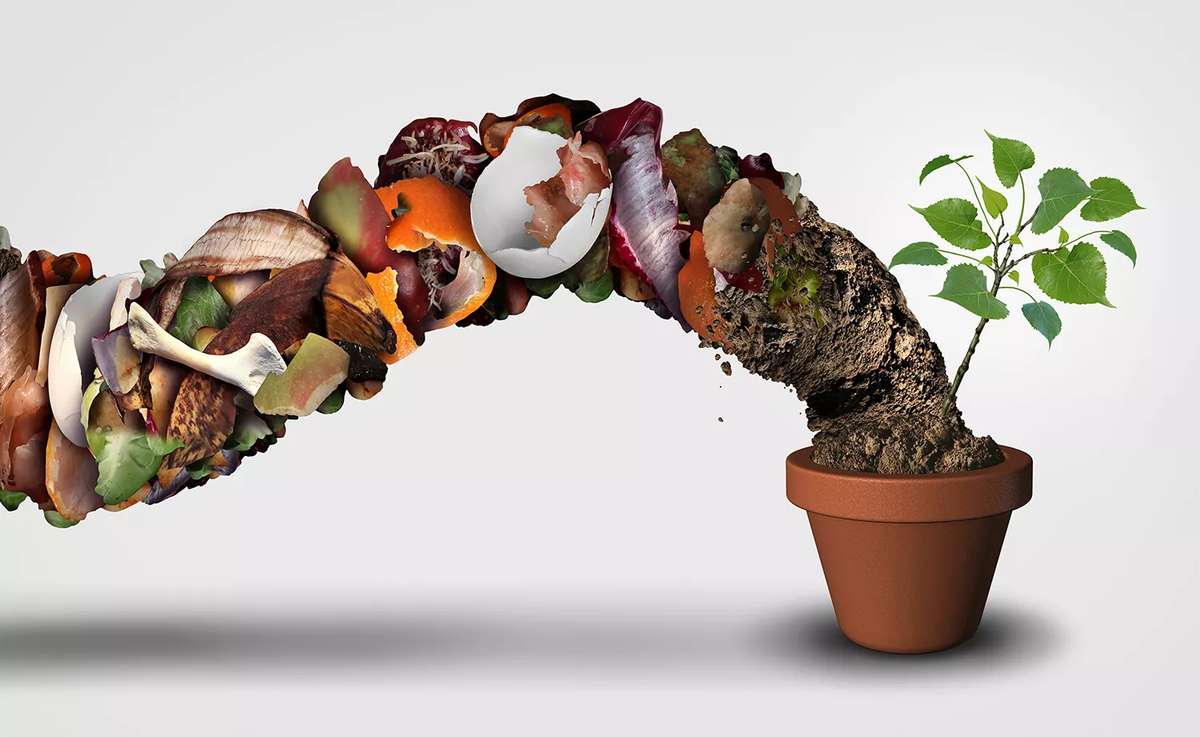
These organic options not only feed your plants but also support beneficial microbes in the water that help break down the nutrients into forms more easily absorbed by plants.
Maintain Proper Nutrient Balance
Balancing your nutrients is crucial. Plants need a variety of nutrients in the right proportions to thrive.
This includes macronutrients like nitrogen (N), phosphorus (P), and potassium (K), as well as essential micronutrients like calcium, magnesium, and iron.
You’ll need to regularly test your water to ensure the nutrient levels are optimal and adjust your organic nutrient mix accordingly.
Monitor pH Levels
The pH level of your nutrient solution is a critical factor in the success of your hydroponic garden. Most plants prefer a slightly acidic pH range of 5.5 to 6.5.
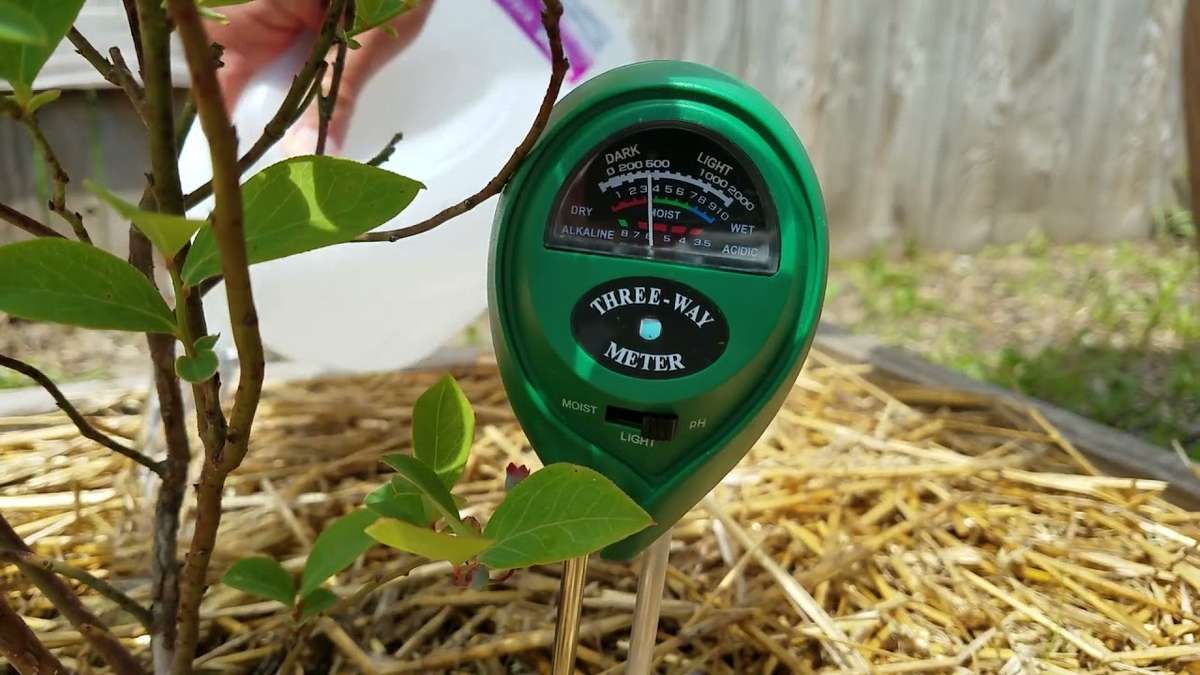
Within this range, plants can best absorb the nutrients. You’ll need to regularly check the pH and adjust it using organic pH adjusters like citric acid (to lower pH) or potassium bicarbonate (to raise pH).
Ensure Proper Aeration
Plants don’t just need nutrients and water; they also require oxygen at their roots to grow.
In a soilless system, ensuring your water is well-oxygenated is vital. Use air pumps and stones to keep the oxygen levels high in your nutrient solution.
This not only helps with plant growth but also supports the health of beneficial microorganisms in the water.
Choose the Right System
There are various hydroponic systems, but not all are equally suited for organic nutrients. Drip systems, deep water culture (DWC), and wick systems can work well with organic nutrients.
However, systems that rely on fine misting, like aeroponics, might get clogged by the particulate matter present in organic solutions. Choose a system that matches your commitment to organic growing and the needs of your plants.
Keep It Clean
While organic nutrients are great for plants, they can also be a breeding ground for unwanted pathogens if not managed correctly. Regularly clean your system components with natural cleaning agents like hydrogen peroxide to keep harmful microbes at bay without compromising the organic integrity of your system.
Be Patient and Experiment
Transitioning to organic nutrients in hydroponics can be a learning curve. It might take some time to get the balance right, and you’ll likely need to experiment with different nutrient mixes and concentrations.
Keep detailed records of what works and what doesn’t, and don’t be afraid to adjust your approach as you learn more about what your plants need.
Support with Beneficial Microbes
Introducing beneficial microbes such as mycorrhizae and beneficial bacteria can significantly enhance nutrient uptake and plant health.
These organisms form symbiotic relationships with plant roots, helping them access nutrients more effectively. They also help to suppress disease-causing pathogens in the system.
Stay Informed and Connected
Finally, the world of organic hydroponics is ever-evolving, with new techniques and products constantly emerging. Stay informed by reading up on the latest research, connecting with other hydroponic gardeners, and participating in online forums and social media groups dedicated to organic hydroponic growing.
Final Thoughts
Growing plants in a hydroponic system using organic nutrients is not only possible but also incredibly rewarding.
By following these tips, you can enjoy a bountiful harvest of healthy, environmentally friendly plants. Remember, every plant and system is different, so what works for one setup might need tweaking for another. Embrace the journey, and happy growing!

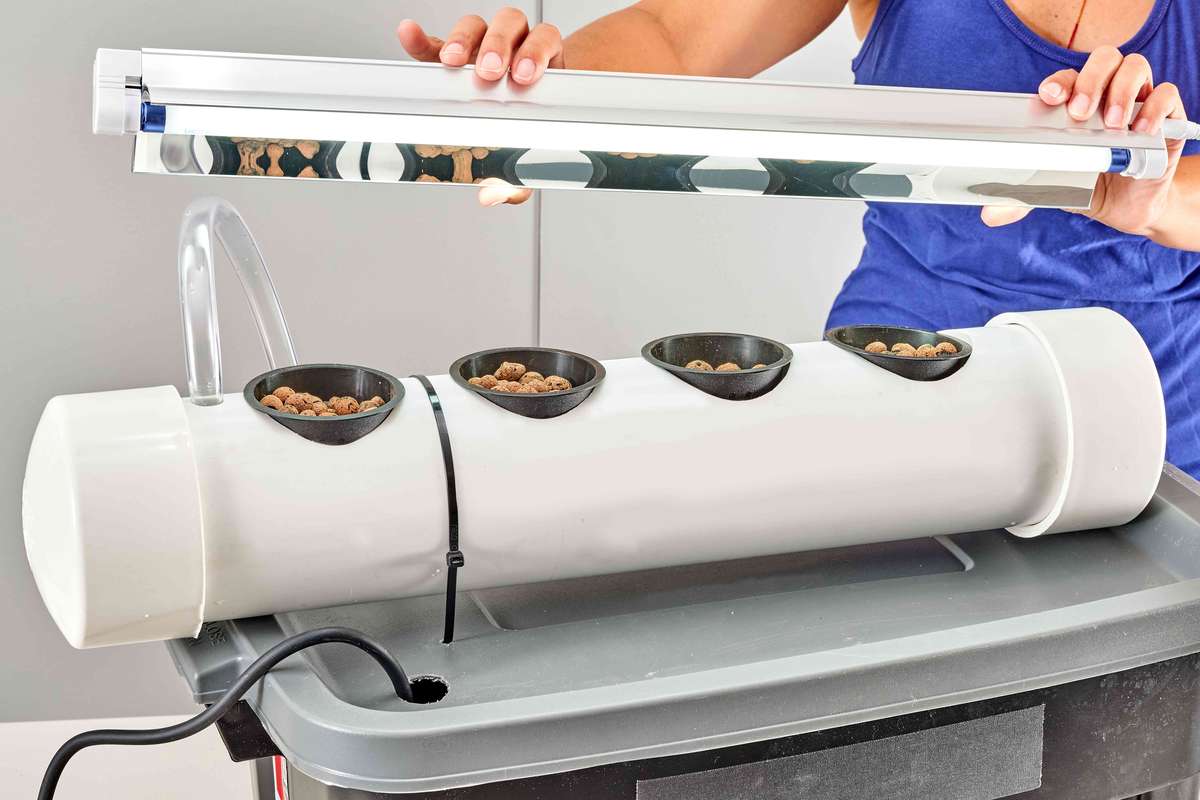
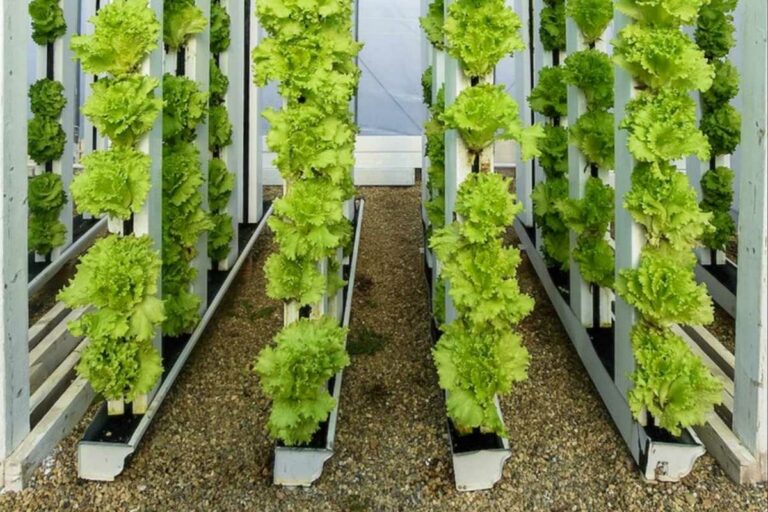
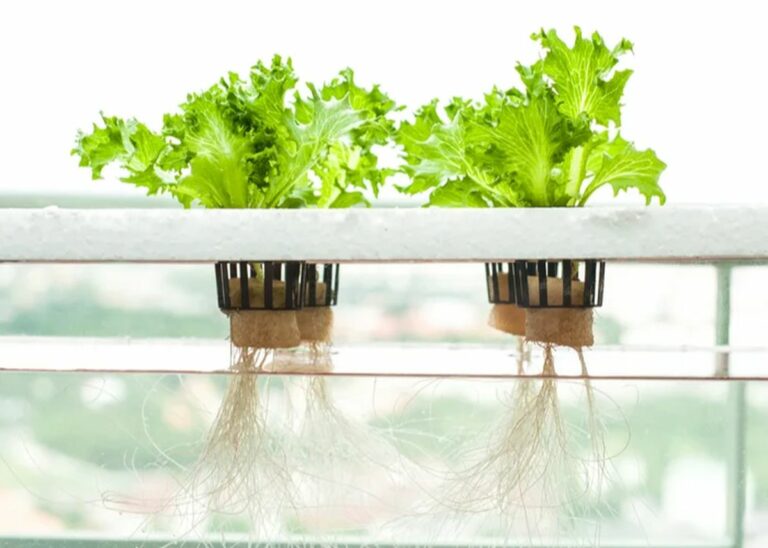


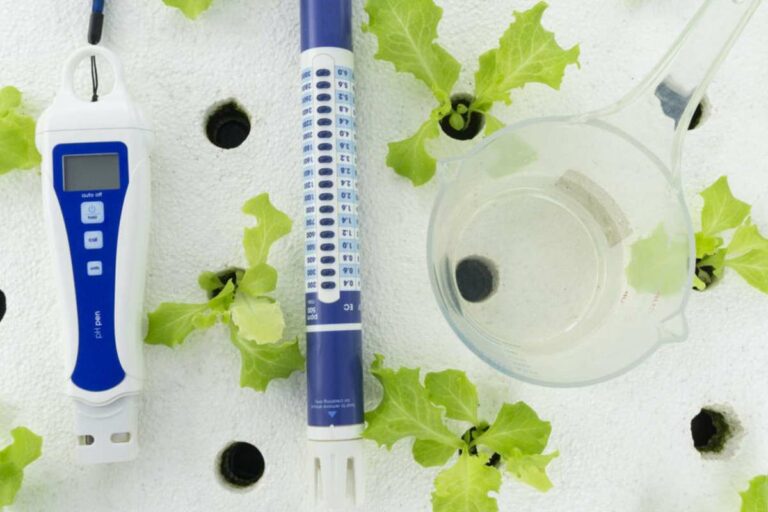
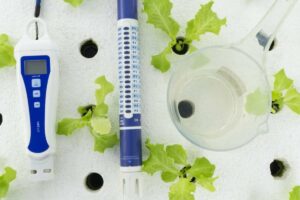



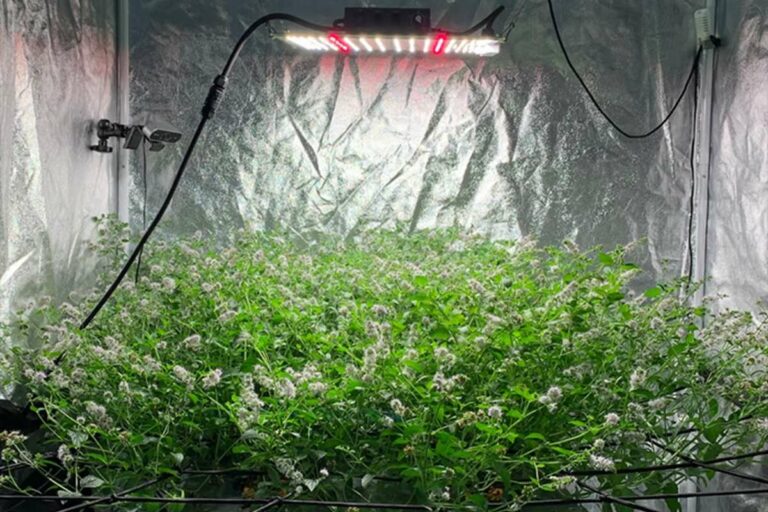

+ There are no comments
Add yours